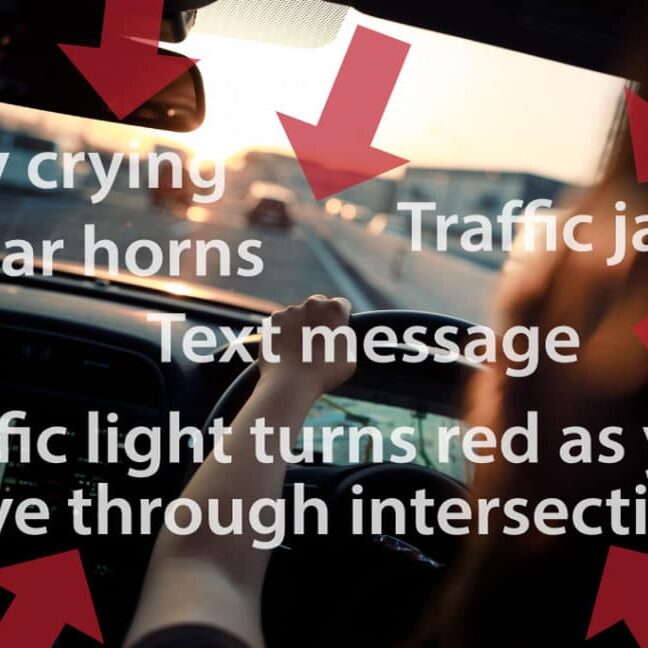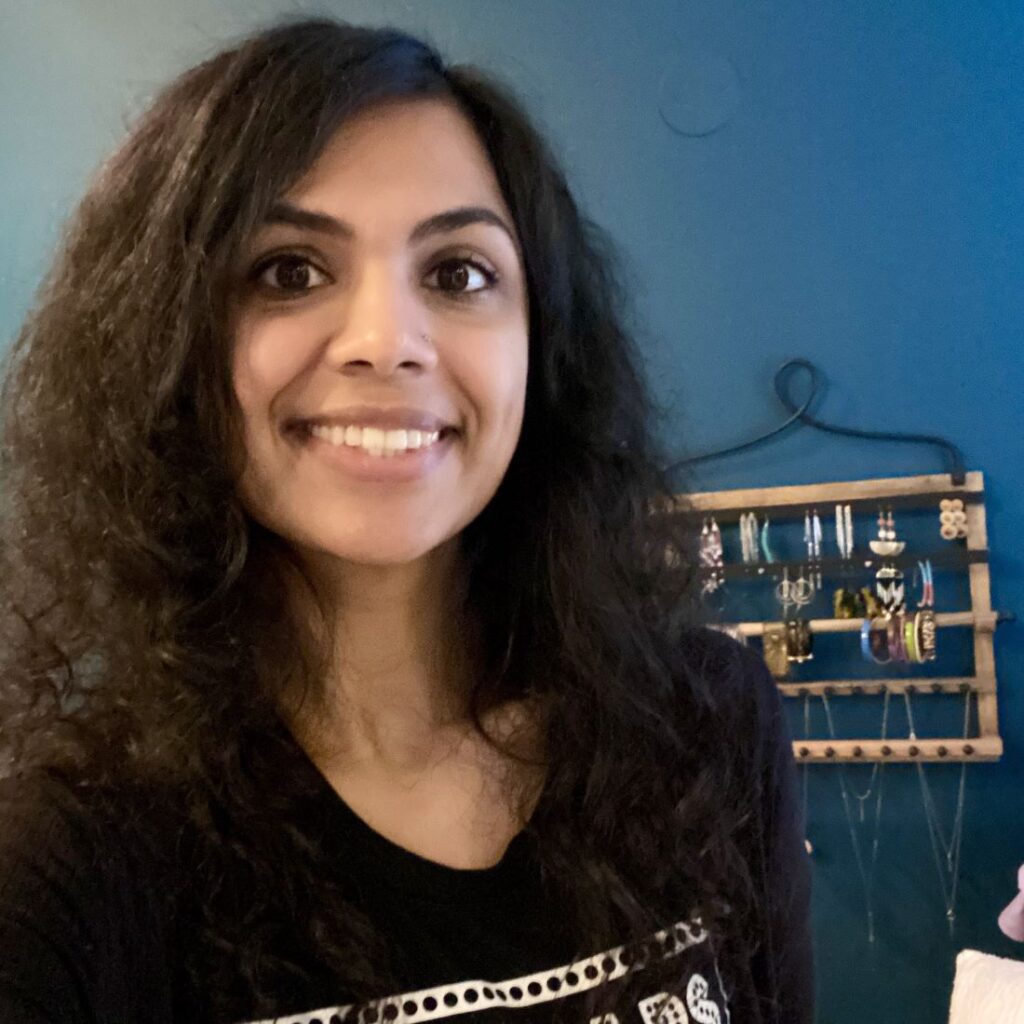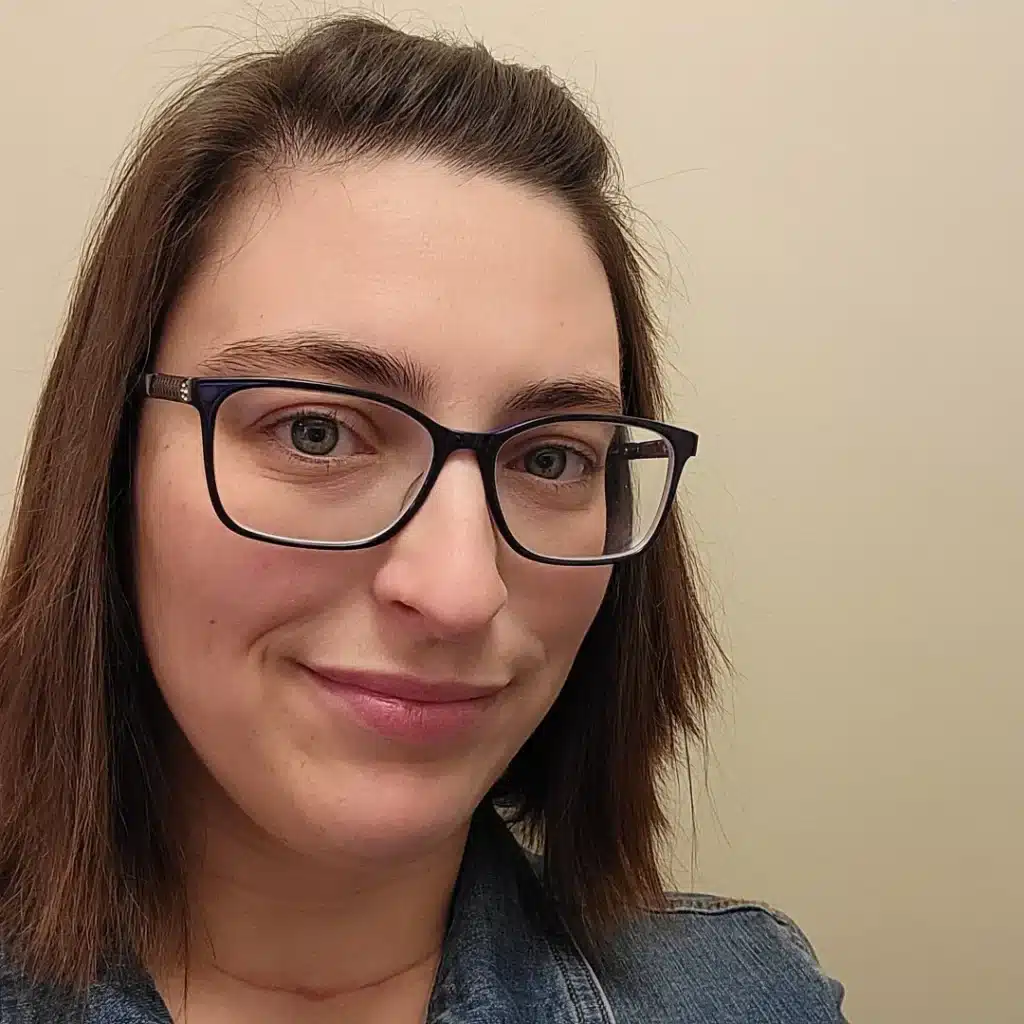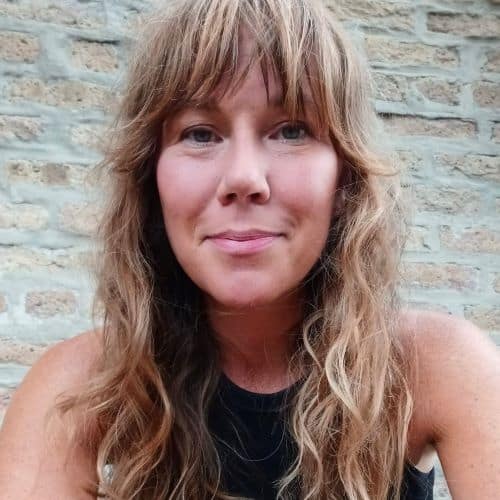Mindful Parenting
Calming the Mind: The Brain and Neural Pathways

It is a commonly held view that meditation is a way to shut off the pressures of your world or of your own mind, but this is not an accurate impression. Meditation is neither shutting things out or off. It is seeing things clearly and deliberately positioning yourself differently in relationship to them.
—Jon Kabat-Zinn “Wherever you go there you are”
Training the mind to create alternative neural pathways
We have many neural pathways, or circuits, in the brain. There is input, the message gets delivered and received, and then our brain plugs into a response. We can have an overwhelming amount of rapid-fire ‘inputs’ from our fast-paced, ‘plugged in’ world. And our brain is convinced that it should respond in some way to nearly all of these inputs, even if it’s just deciding what emails to delete.
Some pathways are used more frequently than others and this causes greater activation of the autonomic system that regulates our stress response. While these ‘fight or flight’ reactions evolved so that we would act to respond to immediate danger, our moderns lifestyles not only activate these stress reactions with greater frequency but also with less ‘discharge’. We aren’t running through the woods to the safety of our cave after a stressful event, we are sitting at our desks and moving on to the next stress-filled exchange. The chronic pulsing of stress hormones eventually fatigues our system and impacts our wellbeing in a variety ways.
It’s true that regular cardio exercise like jogging or running allows the body to discharge these stress hormones. So it’s not surprising that this kind of exercise reduces depression and anxiety AND positively impacts our physical and emotional health. However, mindfulness practices can also prevent the build up of some stress hormones and provide a response that helps bring balance back to the system in ‘real time’. A run this afternoon can ‘clear things out’, but your mindfulness practice between now and then can keep you from having such big spikes of adrenaline from all the stressors—large and small—that dance across our awareness each day.
Here’s an example to illustrate a way of creating alternate pathways for a common ‘input’ of stress:
You are moving onto Lakeshore Drive to get to your baby’s pediatrician appointment when you notice that traffic is bumper to bumper. Your baby, who you thought was in a deep sleep, is now waking and starting to fuss.
This common scenario is not a life or death, ‘fight or flight’ situation. There is no immediate danger from which you must escape, but we can all recognize that it’s stressful and that we’re likely to be stressed out by it.
With practice you can find a mechanism for noticing and acknowledging the things that are surging along at lightning speed in your brain. You might notice that you’re irritated, panicked about soothing your baby, worried about being late, or frustrated about the timing of your appointment. But you can deliberately position yourself differently in relationship to these thoughts. The first step, however, is the noticing.
If you’ve been practicing mindful attention, you might be able to keep following the path of your thoughts while offering an alternative response to your brain. You might remember to take deep breaths, or simply notice how it feels to sit in your car. Observing your hands on the steering wheel, you might start to soften your hands, relaxing your arms and your shoulders. Perhaps straightening your spine and moving your neck from side to side to soften it can be your reminder. While you’re waiting for traffic to start moving, you may notice that the lake is extraordinarily blue today. You might start to describe this to your baby, sweetly telling her stories of how fun it will be this summer when she gets to dip her toes into the lake. Everyone can benefit from this alternate response.
We can also recognize that this response might be available to you more readily at certain times rather than others. That’s okay! It’s only through practice that our brain accepts and embraces an alternate response pathway. If you always get angry and agitated in traffic, that pathway is fairly well travelled. Taking another route (in your neural pathways if not through the city) will take some nudging on the part of your thoughts.
An essential part of mindfulness is compassion and acceptance. And if you find yourself in a hot mess due to a stressful day, you can also have a trained response to bring kindness and softening to your awareness. There is no goal–oriented ‘fix’ with mindfulness practice, just gentle attention.
Now let’s go back to our example of driving to the pediatrician appointment.
You start to pick up more speed and traffic is clearing. Suddenly, someone cuts you off and your razor sharp reflexes allow you to stop and swerve just enough to avoid a collision.
See how those stress hormones are working effectively to make you alert and responsive! And the extra acuity that comes from being a parent with a young baby may have helped too. You’re exceptionally attentive, even on diminished sleep. With practice, that helpful neural pathway training sends a signal: “It’s all over now so go ahead and return to what you were doing”. Your heart rate will return to normal, your muscles will start to unclench and blood flow will return. The alternative is that you stay amped up well beyond the immediate crisis. Your digestive, immune and cognitive functions begin to diminish and blood flow is constricted. And now you may have a completely different set of questions during that doctor appointment you’re trying to get to!
Conclusion
Experts have long agreed that stress-related conditions are eroding the physical and emotional health of both adults and children. Neuroscientists are validating that meditation and mindfulness practices can shift us out of these ‘reactions’ and teach us new ‘responses’ that help increase flow and wellbeing in our brains and bodies.
If you’re interested in bringing the benefits of mindfulness to your pregnancy and birth experience, connect with us about our Mindfulness-Based Childbirth and Parenting Classes.
Check out Dr. Michael Baime’s article, This is Your Brain on Mindfulness. Dr. Michael Baime, a neuroscientist and founder of the Penn Program for Mindfulness, has demonstrated that not only does the brain change during meditation practice but it also experiences growth over time for those who meditate with some regularity.

























